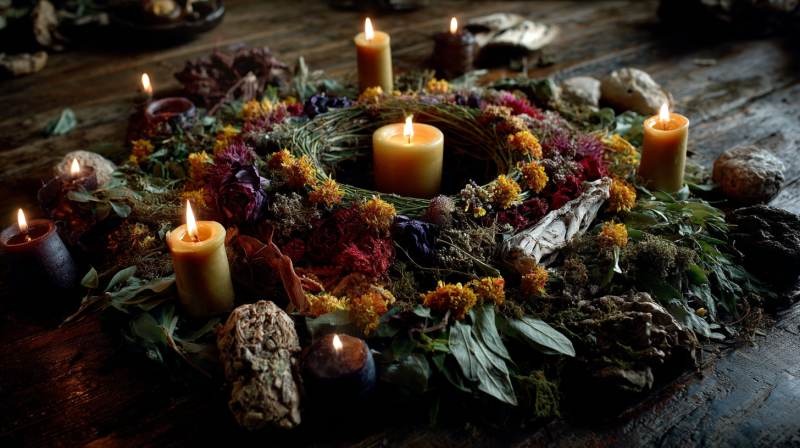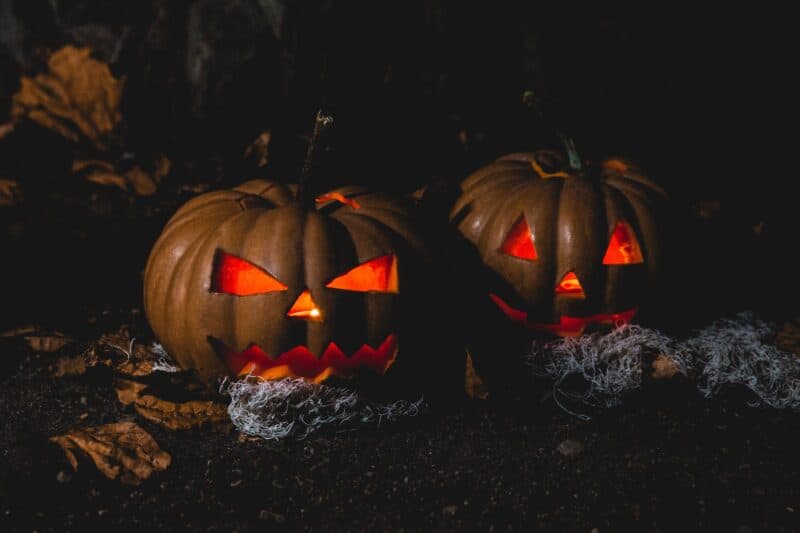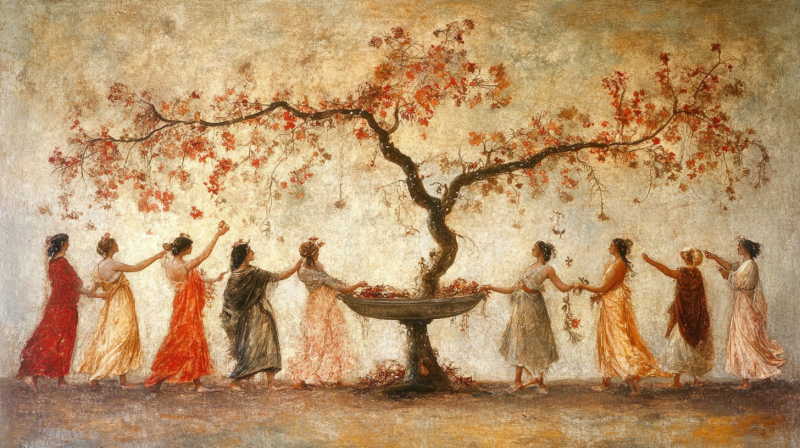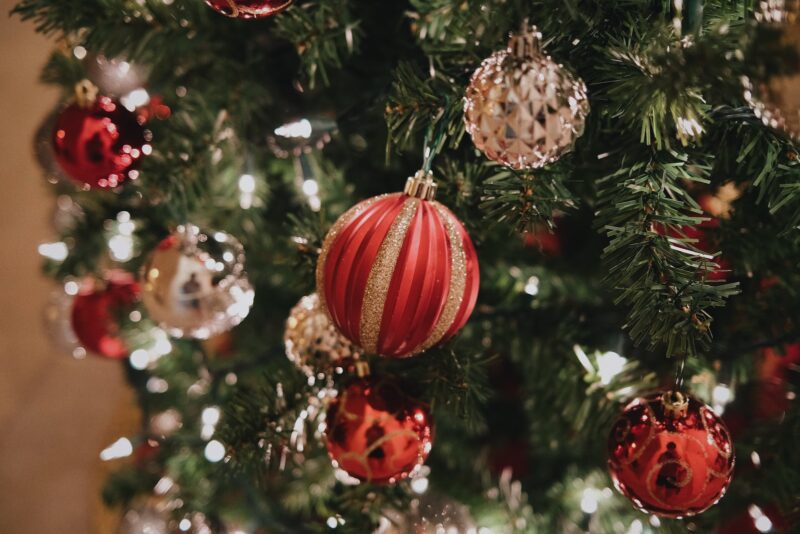For many modern Pagans, Samhain (sow-in) is a Sabbat in commemoration of the ancestors who came before us, and it marks the darkest season of the year. Most people associate Samhain with Halloween. Because the veil between this world and the next is thinnest during a seance, it’s an ideal opportunity to make contact with the spirit realm.
Instead of being the name of some old Celtic death god, Samhain was the name of the first day of the Celtic New Year, which was celebrated on October 31st. Samhain, pronounced “sow-en,” is derived from the Gaelic “Samhuin,” but scholars disagree on whether it signifies the end of summer or its start. When summer comes to a close on Earth, it’s only the start of a brand new season in the Underworld. Samhain is the name given to the first day of the holiday season, which falls on November 1.
The Catholic Church began celebrating All Saints Day on November 1st, sometime in the eighth century. In my opinion, this was a really wise decision on their part. Local pagans were already commemorating that day, so a church holiday made sense. All Saints’ Day evolved into a celebration for all saints, even those without their own day. It was named Allhallowmas, or the mass of all the hallowed. All Hallows Eve, the name given to the preceding night, evolved into Halloween.
The Celtic New Year begins with the setting sun on Samhain. We’ve reached the end of the year, the harvest has been gathered, the cattle and sheep have been brought in from the pastures, and the leaves have fallen from the branches. Around us, the earth is perishing.
Right now, we should focus on tying up the old and getting ready for the new. Take a look back over the past year and see what you accomplished. Is there anything you haven’t addressed yet? If that’s the case, it’s time to call it a day. You can begin planning for the following year once all of your unfinished business has been dealt with and removed from your life.
Samhain is a time for some Pagans to honor their ancestors who lived before them. It was the perfect night to honor the memory of a loved one who died within the last year or did genealogy research. For those of us who are lucky, they will return, offering words of wisdom for the next year from beyond the veil.
When celebrating Samhain, the Celtic custom is to extend the celebrations across three days. Every night, you can participate in a rite that includes a feast. Be adaptable, however, so you can fit trick-or-treating into your schedule!
Do not be concerned that celebrating Halloween is insulting to your Pagan beliefs; it is entirely up to your discretion whether or not you do so. So go ahead and deck the halls out as you choose; stupid green-skinned witch decorations are permitted.





